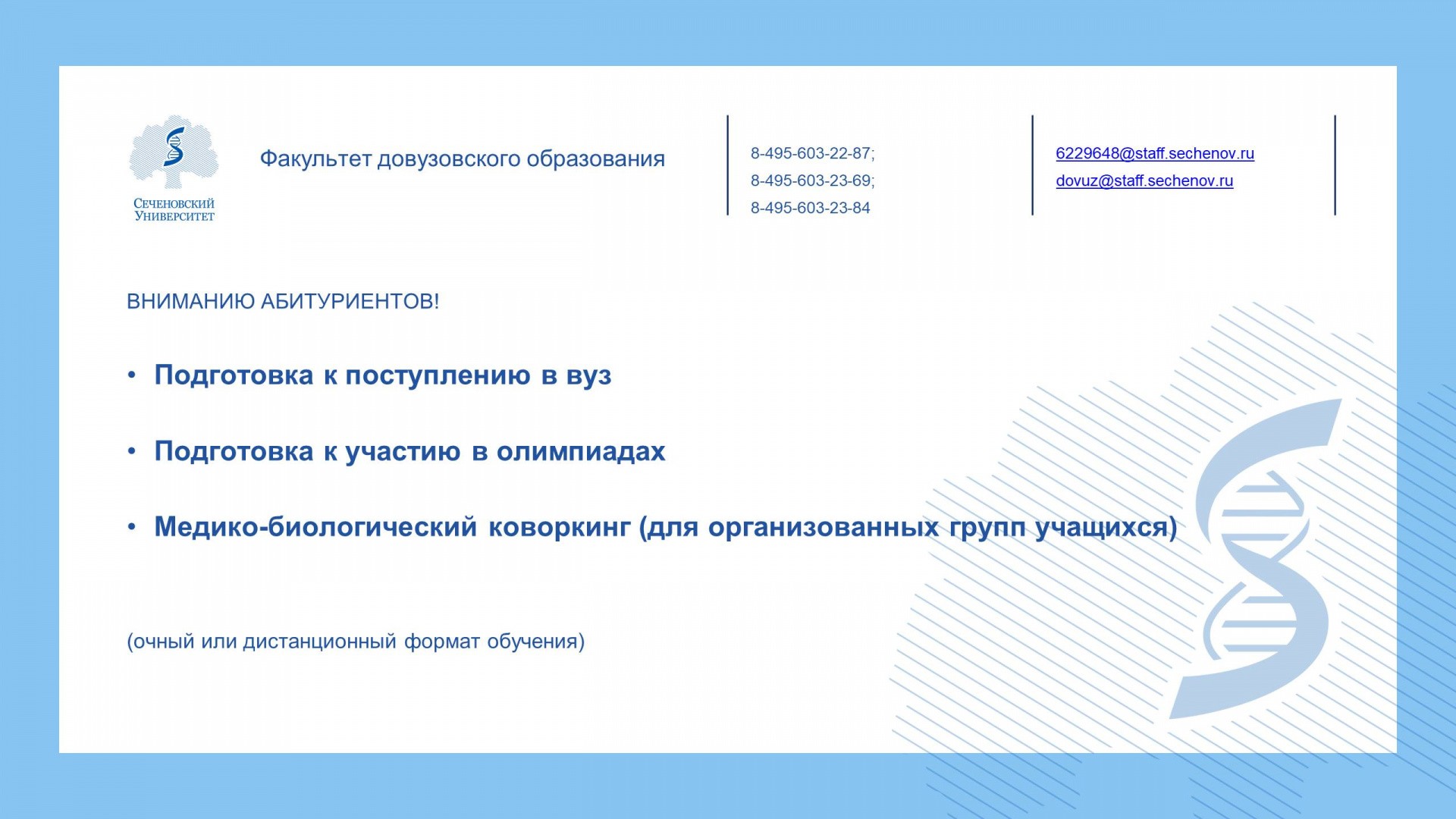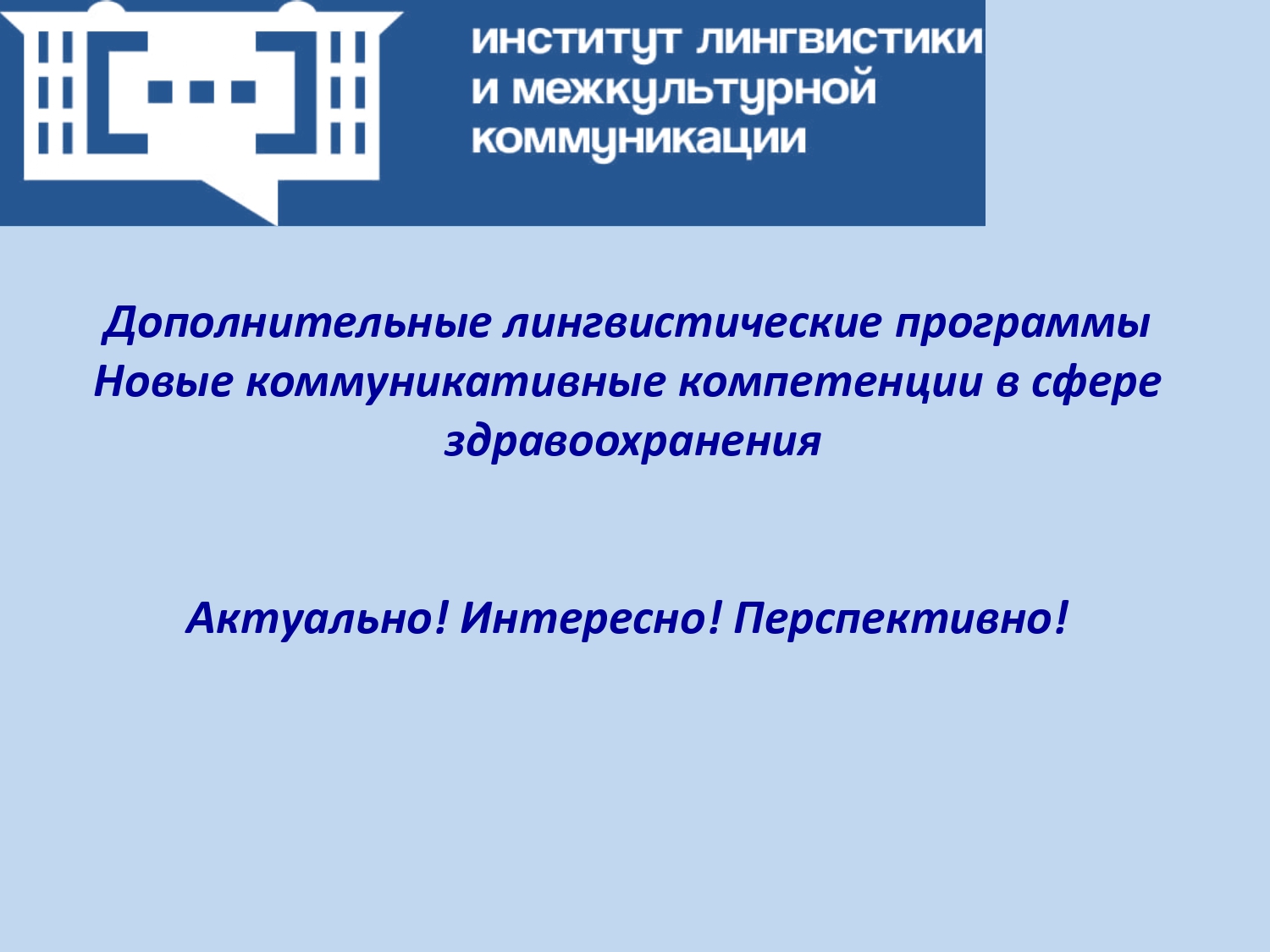Репозиторий Университета
Cationic penetrating antioxidants switch off Mn cluster of photosystem II in situ
Аннтотация
© 2019, Springer Nature B.V. Mitochondria-targeted antioxidants (also known as ‘Skulachev Ions’ electrophoretically accumulated by mitochondria) exert anti-ageing and ROS-protecting effects well documented in animal and human cells. However, their effects on chloroplast in photosynthetic cells and corresponding mechanisms are scarcely known. For the first time, we describe a dramatic quenching effect of (10-(6-plastoquinonyl)decyl triphenylphosphonium (SkQ1) on chlorophyll fluorescence, apparently mediated by redox interaction of SkQ1 with Mn cluster in Photosystem II (PSII) of chlorophyte microalga Chlorella vulgaris and disabling the oxygen-evolving complex (OEC). Microalgal cells displayed a vigorous uptake of SkQ1 which internal concentration built up to a very high level. Using optical and EPR spectroscopy, as well as electron donors and in silico molecular simulation techniques, we found that SkQ1 molecule can interact with Mn atoms of the OEC in PSII. This stops water splitting giving rise to potent quencher(s), e.g. oxidized reaction centre of PSII. Other components of the photosynthetic apparatus proved to be mostly intact. This effect of the Skulachev ions might help to develop in vivo models of photosynthetic cells with impaired OEC function but essentially intact otherwise. The observed phenomenon suggests that SkQ1 can be applied to study stress-induced damages to OEC in photosynthetic organisms.
Вернуться назад








